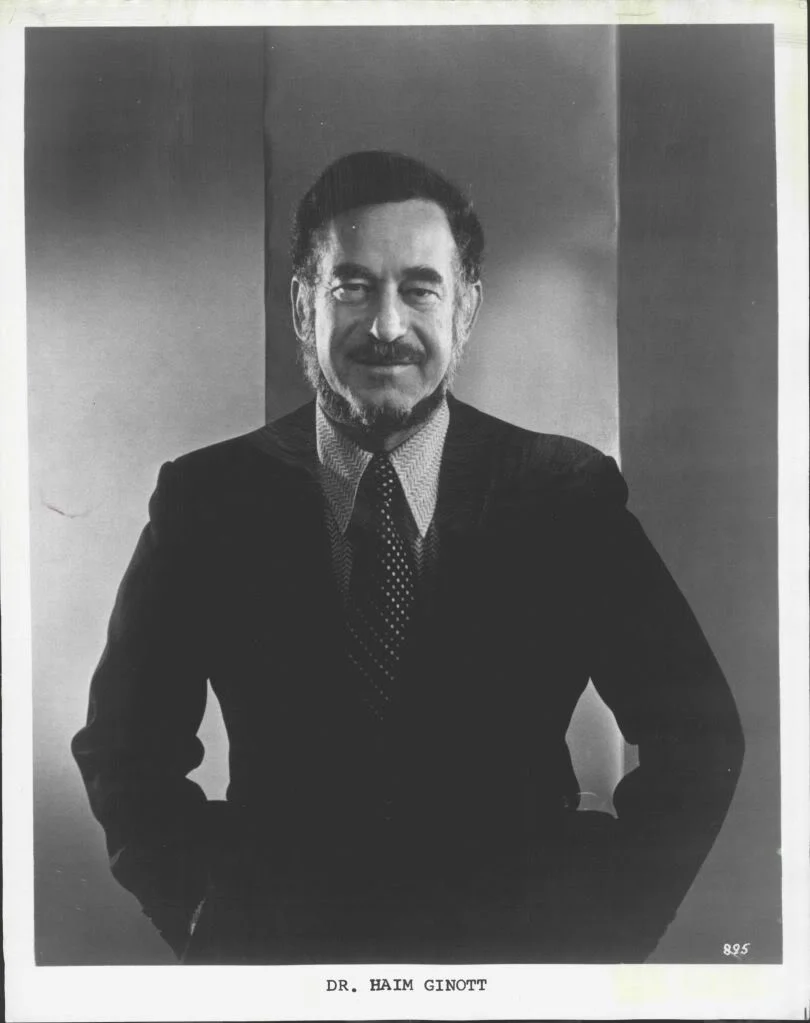We remember
There are the popular greats that are often in the media and there are those unsung heroes that you seldom hear about. I somehow prefer the latter. This post is about honouring, in my view, one of the most prolific psychotherapists in the last century, who had given us many a household quote you may see on mantles and placards. His writings and mantras made it easy for many budding therapists and parents easy access to understanding the inner world of a child. Today, we do a throwback to feature one of his most impactful writings, that influenced me in my own thinking and formative years as a psychotherapist.
Haim G. Ginott (5 August 1922–4 November 1973) was a school teacher, a child psychologist and psychotherapist and a parent educator. He pioneered techniques for conversing with children that are still taught today. His book, Between Parent and Child, stayed on the best seller list for over a year and is still popular today. This book sets out to give "specific advice derived from basic communication principles that will guide parents in living with children in mutual respect and dignity". Originally born in Tel Aviv, Israel, he later moved to the United States, and received his education at Columbia University. He spent his final days living and working in New York City - he was 51 when he passed.
“Emotions are part of our genetic heritage. Fish swim, birds fly, and people feel. Sometimes we are happy, sometimes we’re not; but sometimes in our life we are sure to feel anger and fear, sadness and joy, greed and guilt, lust and scorn, delight and disgust. While we are not free to choose the emotions that arise in us, we are free to choose how and when to express them, provided we know what they are. That is the crux of the problem. Many people have been educated out of knowing what their feelings are. When they hated, they were told it is only dislike. When they were afraid, they were told there was nothing to be afraid of. When they felt pain they were advised to be brave and smile. Many of our popular songs tell us [Pretend you are happy when you are not].
What is suggested in the place of this pretence? Truth. Emotional education can help children to know what they feel. It is more important for a child to know what he feels than why he feels it. When he knows clearly what his feelings are, he is less likely to feel [ambivalent] inside.”

What's this controversy about and what it means for many adoptive parents. Caution: this may stir you.